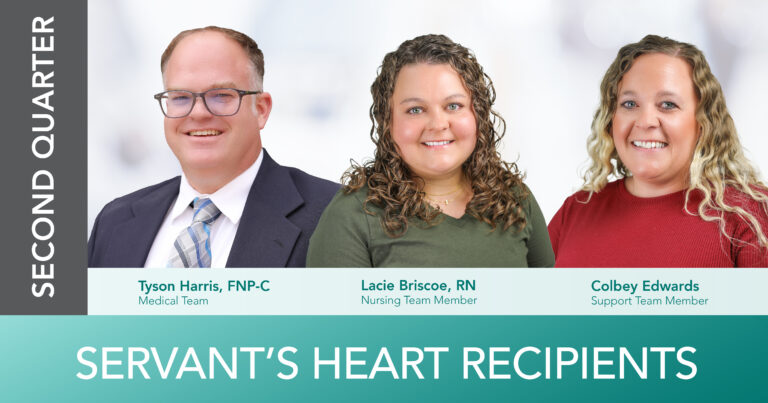
What You Should Know About Lung Cancer
Lung cancer is by far the leading cause of cancer death among both men and women—about 1 out of 4 cancer deaths are from lung cancer, according to the American Cancer Society (ACS). Each year, more people die of lung cancer than of colon, breast, and prostate cancers combined. Approximately 225,000 new lung cancer cases are diagnosed per year in the US, with 160,000 people dying each year in the US from lung cancer.
What is lung cancer?
Cancer is a general term for a disease in which cells in the body grow out of control. When cancer starts in the lungs, it’s referred to as lung cancer.
The ACS states that the chances a man will develop lung cancer in his lifetime is about 1 in 14; for a woman, the risk is about 1 in 17. These numbers include both smokers and non-smokers. For smokers the risk is much higher, while for non-smokers the risk is lower. Incidence of newly diagnosed cases is 60 out of 100,000 in males and about 47 out of 100,000 in females.
Lung cancer risk factors
Cigarette smoking attributes to 80 to 90% of all cases of lung cancer and cigar or pipe smoking also increases the risk for lung cancer, according to the Centers for Disease Control and Prevention (CDC). This is because tobacco smoke contains more than 7,000 chemicals, many of which are poisonous. Risk of lung cancer is 15 to 30 times greater in smokers rather than non-smokers.
Smoking is not the only culprit behind lung cancer, though. The CDC reports that other factors include prolonged exposure to secondhand smoke, radon (a natural gas that gets trapped in homes and buildings), and other substances such as asbestos, arsenic, diesel exhaust, and some forms of silica and chromium. Having a personal or family history of lung cancer, or those that have had radiation therapy to the chest, also have a higher risk of lung cancer.
Attend a smoking cessation class
If you’re a smoker or use smokeless tobacco products and have thought about quitting, Bingham Memorial Hospital offers a Smoking Cessation class. They teach about the dangers of smoking, strategies for being smoke free, quitting techniques, facts about chew and other smokeless tobacco products, and information about secondhand smoke. Classes have a high success rate! For more information, please call (208) 785-3820.
Symptoms of lung cancer
Unfortunately, symptoms of lung cancer present differently in everyone, and most people with lung cancer do not have symptoms until the cancer has advanced. In general though, the CDC states that lung cancer symptoms may include:
- Chest pain
- Coughing that gets worse or does not go away
- Coughing up blood
- Feeling very tired all the time
- Shortness of breath
- Weight loss with no known cause
- Wheezing
Other signs might be repeated bouts of pneumonia and swollen or enlarged lymph nodes (glands) inside the chest in the area between the lungs. These symptoms however, can happen with other illnesses too. If you have some of these symptoms, talk to your doctor who can help find the cause.
Lung cancer screening
The U.S. Preventive Services Task Force recommends yearly lung cancer screenings for people who:
- Have a history of heavy smoking
- Smoke now or have quit within the past 15 years
- Are between 55 and 80 years old
Treatments
While treatments will vary depending on the person, in general, surgery, chemotherapy, radiation therapy, and targeted therapy are most commonly used to treat lung cancer.
About Dr. Richard W. Felt
As a Pulmonologist, Dr. Felt sees patients with respiratory disorders such as chronic obstructive pulmonary disorder (COPD), chronic bronchitis, asthma, emphysema, occupationally related breathing disorders, and inflammatory lung disease and pulmonary fibrosis. He also offers evaluations for unexplained shortness of breath and lung cancer.
If you or a loved one are concerned about your lung health, or have questions about your current treatments, please schedule an appointment with Dr. Felt. Appointments can be scheduled in Idaho Falls, Blackfoot, or Pocatello by calling: (208) 535-3636.
Our content is reviewed regularly and is updated when new and relevant evidence is made available. This information is neither intended nor implied to be a substitute for professional medical advice. Always seek the advice of your physician or other qualified health provider prior to starting any new treatment or with questions regarding a medical condition.
Return to Articles


